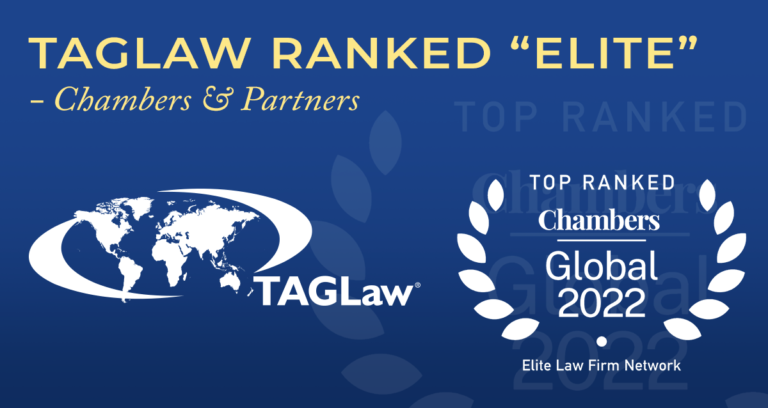The Royal United Services Institute (RUSI) has recently published (October 2019) commentary entitled, “Gaming the System: Money Laundering through Online Games”. This insightful article highlights the money laundering and financing terrorism risks posed by Online Gaming, while also discussing the problems of regulation and where responsibility lies.
According to the article, as early as 2013, it has been identified that in game virtual currency systems that have real life value may be used in the moving or investment of criminal proceeds. The article identifies that there is difficulty as game operators have no clear expectations of how to identify such criminal activity.
The article also helpfully provides an overview of the process of online gaming being used as a vehicle for money laundering, through the use of in-game items like currency. Some games officially allow the purchase and sale of in-game items while online marketplaces can also be used to trade items unofficially, allowing items to be moved from one player to another. An example of this vehicle being used for money laundering occurred when it was discovered that criminals were using stolen bank card details to buy V-bucks from the official Fortnite (online game) store and then selling them at a discounted rate to other players on the dark web or through social media platforms.
The article also highlights that online games may have some appeal to criminals through the communication channels they offer. Intelligence agencies have collected information and data from online games reportedly due to a fear that terrorists might be both communicating and moving funds through these platforms.
The lack of clarity in the approach regarding regulation and online gaming AML requirements offers an alluring avenue for criminals to potentially money launder according to the article. Further still, as evidenced by previous investigations, online gaming may also offer an effective communication channel for terrorist activities. Despite an absence of regulation, game developers still have powerful incentives to safeguard their reputation and be good corporate citizens. One way to achieve this, the article suggests, is for the industry to consider implementing customer verification and voluntary reporting of suspicious activity to law enforcement if their in-game items trade for fiat currency (officially and unofficially).
At DQ, our Regulatory & Compliance team are future thinking and always consider risks and future regulatory issues within the scope of our work.
The RUSI report can be found here:
https://rusi.org/sites/default/files/20191011_newsbrief_vol39_no9_moiseienko_and_izenman_web.pdf
Kathryn Sharman







